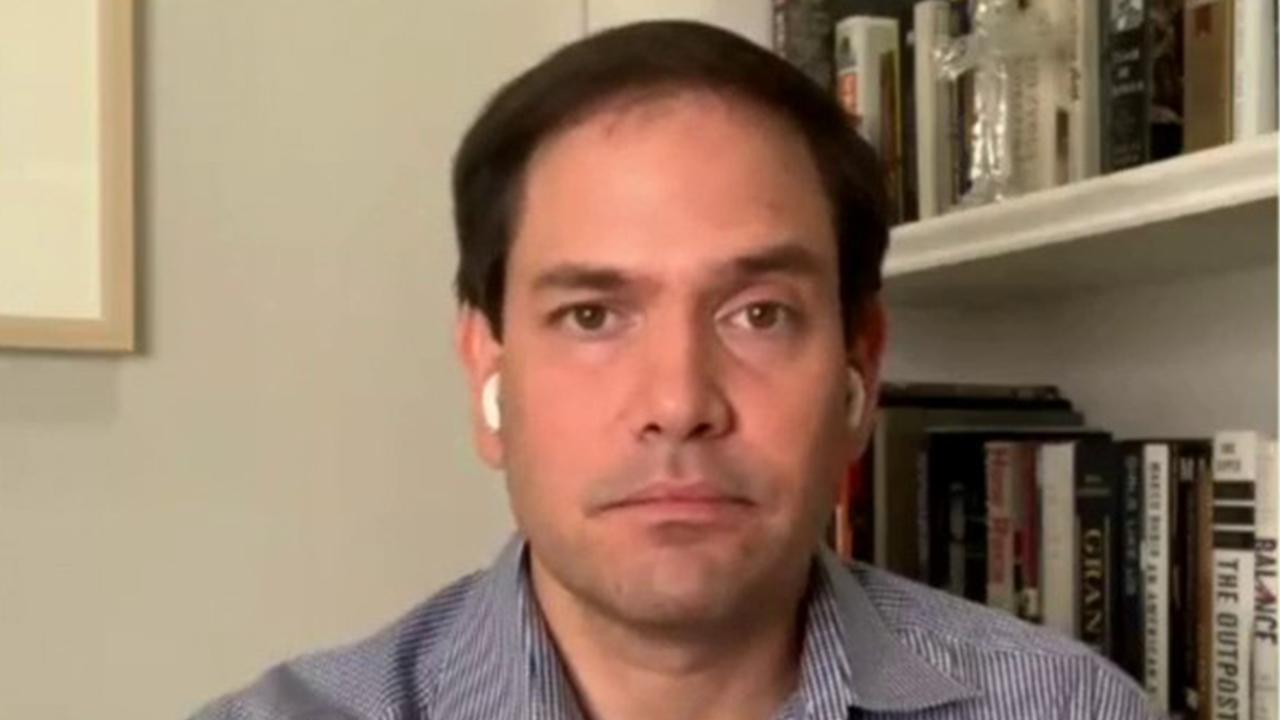Demand for small business rescue program 'much greater' than funding, Rubio says
Program exhausted its initial $349B in funding within 13 days
Get all the latest news on coronavirus and more delivered daily to your inbox. Sign up here.
Sen. Marco Rubio said Tuesday the demand among small business owners for government-backed aid "far exceeds" the funds in the Paycheck Protection Program.
"Let me be clear, the demand for PPP loans far exceeds the supply of dollars," Rubio, the chairman of the Senate Small Business Committee, said. "I just want to be frank and honest about it. The need out there is much greater than what’s been appropriated, and what’s been given is a lot."
The program, an integral part of the federal government's massive economic stimulus effort passed at the end of March, exhausted its initial $349 billion in funding within 13 days and was heavily criticized for granting multimillion-dollar loans to big, publicly traded companies — even as small businesses languished financially.
Congress injected the loan program with an additional $310 billion for small businesses last week and applications resumed on Monday.
But "E-Tran,” the SBA’s electronic loan guarantee system, has been beset by technical errors and access issues since the second wave of funding for the low-interest loan program launched Monday. Although small businesses apply for the aid through banks, the SBA guarantees those loans and must authorize each one via E-Tran.
According to Richard Hunt, the CEO and president of Consumer Banks, banks worked overnight to help small businesses, processing on average 45 loans per hour, compared to the expected rate of 350 per hour. At that rate, it would take about 51 days to process all of the loans.
CORONAVIRUS SMALL BUSINESS BILL STILL INCLUDES LOOPHOLE FOR BIG COMPANIES
"It was a messy rollout," the Rubio said. "Hopefully that improves today."
Still, the Florida Republican said the system was slowed down because the SBA was pacing it so that not a single bank or geographical area was receiving the bulk of the loans. He also blamed Democrats for the backlog of applications, because Senate Democrats initially rejected a proposal to replenish the program with $250 billion, insisting the aid package should include funding for hospitals as well as cities and state governments.
"You're almost damned if you, damned if you don't," he said.
More than 26 million Americans, or about 16 percent of the nation, have filed unemployment claims since the virus outbreak forced a broad swath of the U.S. economy to shut down. The Paycheck Protection Program is one of the key federal initiatives to help insulate workers and the economy: If businesses use at least 75 percent of the loan they receive to maintain payroll, the government will forgive it.




















